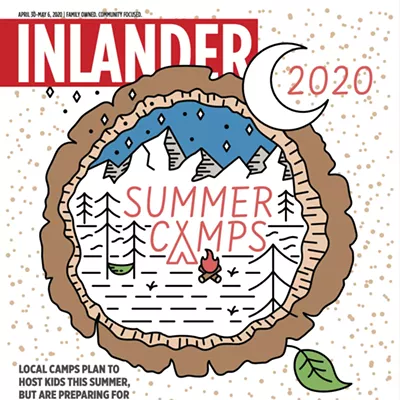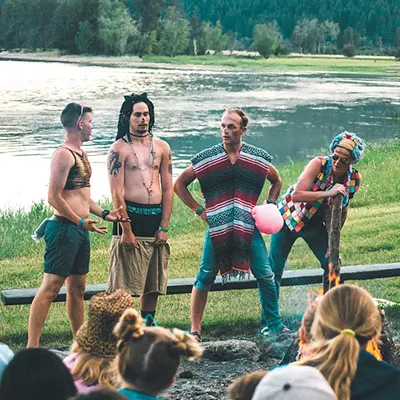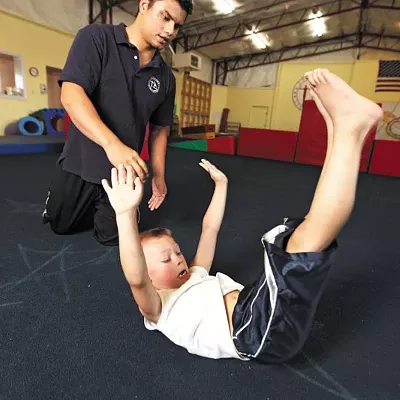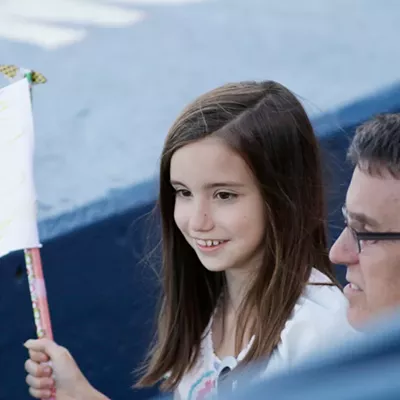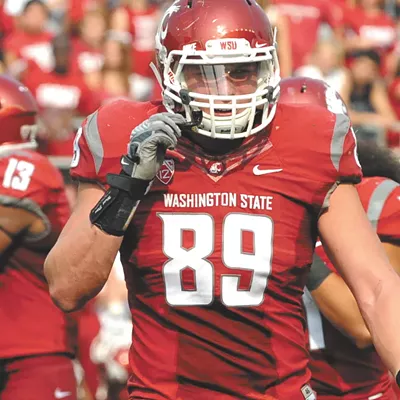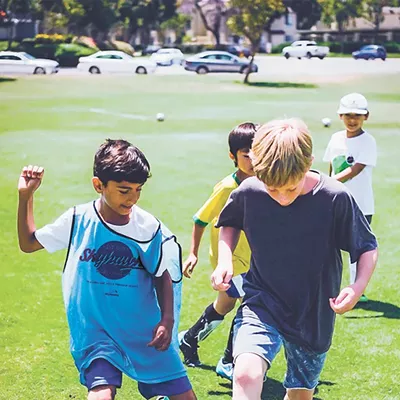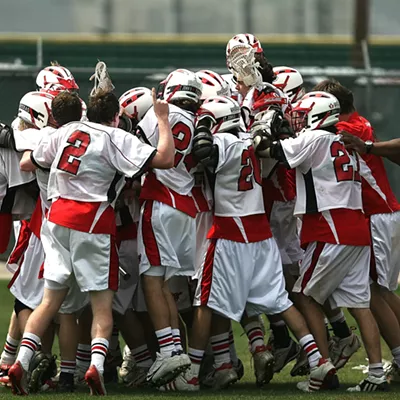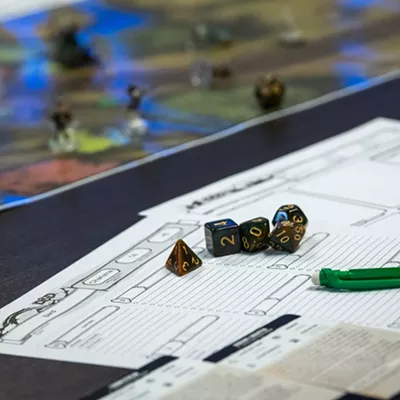
After having their school year totally disrupted by the coronavirus pandemic, a return to some semblance of normalcy come summer is all many school-age kids and their families are looking forward to.
For many, this anticipation includes annual summer camp traditions, from sleep-away adventures on the lake to fun-filled day camps for arts, learning or team sports. While experts warn we'll need to continue degrees of social distancing until an effective treatment or vaccine for COVID-19 is available, there's still a chance some facets of pre-pandemic life could slowly phase back as warm weather arrives.
With this uncertainty in mind and kids' safety a top priority, several summer camps across the Inland Northwest are developing alternative operating plans in case it's still unsafe to gather come mid-June and onward.
"We're listening to what the state is saying, and the American Camp Association, and trying to stay up to date with all the information out there," says Phil Harrison, executive director of Camp Reed, the YMCA of the Inland Northwest's traditional summer camp experience on Fan Lake north of Spokane.
"We're still two months away from the first session of camp, so we're making plans but not going so far into every little detail, knowing that it's so rapidly changing," he continues.
Camp Reed's first session is scheduled to begin June 14, and Harrison says registrations so far are on track with past years. The YMCA recently updated its refund policy so that if any sessions need to be canceled, families get back their full registration fee, including a deposit.
In anticipation of the financial strain many of its campers' families may be under due to the pandemic, Harrison says his team has also been working to increase scholarship funds. Last year, he says, about 450 of Camp Reed's 2,000 total attendees went to camp on full or partial scholarships.
For the kids' sake, Harrison is hopeful that Camp Reed can safely open this summer. In the event of cancellations — whether one or two sessions or all of 2020's camp season — he says families will be able to access virtual elements of camp, like daily life lesson talks in Camp Reed's chapel.
"If camp is canceled and we can't come out here, that doesn't mean camp can't happen," he says. "We are looking at avenues of how to have camp even if we can't physically be here. The biggest thing we want to do is have camp happen in some capacity, and that we're still connecting with families."
After months of digital learning from home, the need to log online for summer camp, too, might not be ideal for kids and their families. Yet it's the most feasible alternative most groups have.
Since public gatherings were banned back in March, Dance Center of Spokane moved all of its classes and rehearsals to video conferencing via Zoom, and plans to do the same for its summer sessions if required.
Studio owner Shari Davis also chose not to start Dance Center's summer camps and workshops until mid-July, whereas in past years those programs would have begun in mid to late June.
"No one is going to be throwing kids in summer [camp] by June 15, so I pushed everything to after," Davis says. "If we still have to do it virtually we will, but I made the costs lower and the class times shorter."
On the positive side, the studio's instructors have gotten plenty of practice teaching dance virtually. It's worked surprisingly well even though dancers and their teachers aren't in the same room.
"Those are fun to watch. They are all in their rooms dancing their hearts out," Davis says. "It's heartening and sad at the same time, and you smile and nod your head. I've watched my students open up in the last month."
Playing team sports like soccer and baseball over a video conference is a trickier proposition. It's a scenario that Skyhawks and SuperTots Sports Academy hopes to avoid if it can for the more than 600 summer sports sessions it hosts locally for kids ages 2-12.
Even so, the Spokane-based youth sports organization, which also has franchises across the U.S., is working on ways to bring elements of its previously canceled spring programs online starting May 4, says company President Jason Frazier. Those tools will continue to be available this summer if necessary.
"Without having more information we are optimistic that we can run summer camps, and we are planning as if we are going to have a summer camp season," Frazier says. "We've gotten great responses from parents saying they want programs to happen, and I think they are as optimistic as we are," he adds.
To support families during quarantine, Skyhawks added a free resource page on its website with kid-friendly activity plans and guided workout videos featuring its coaches that families can do together at home.
"We're anxious to offer programs when it's safe to do so, but we understand, because most of us are parents as well, the impact this has on children," Frazier says. "We want to have a safe, fun and educational environment for them to return to soon."
In Coeur d'Alene, the Salvation Army Kroc Center is also considering online engagement if its summer day camps can't meet in person.
"We're still planning to do camps in whatever capacity we're able to, given the circumstances when summer rolls around," notes Audrey Langsev, youth activities coordinator for the Kroc Center.
"We still know come summer that parents are going to need an affordable and safe childcare option for their children, and we want to position ourselves for that if we can. We have always done that for the community," Langsev continues.
The Kroc, too, is already hosting online programs for its members, such as kids' art classes. The center is also setting aside extra scholarship funds for families experiencing financial hardship due to the pandemic.
Typically the Kroc Center hosts 11 weeks of summer day camp for kids in preschool through middle school. Until more is known about how those programs will be affected by the pandemic, Langsev says families can find regular program updates on its website. Kroc staff have also been calling members to check in and answer questions.
Besides moving programming online if necessary, camps could be shifted to start later in the summer, possibly continuing through September, says Kroc Center Executive Director Kip Sharbono.
He says another major consideration for summer is adding more educational elements to camp that would fill in gaps that may have arisen while kids have been distance learning.
"I have a feeling our camps will look more robust," Sharbono says. "Even if camp goes well each year, we always ask how can we do better, and how can we engage better, and we're looking at all that even more this year." ♦







